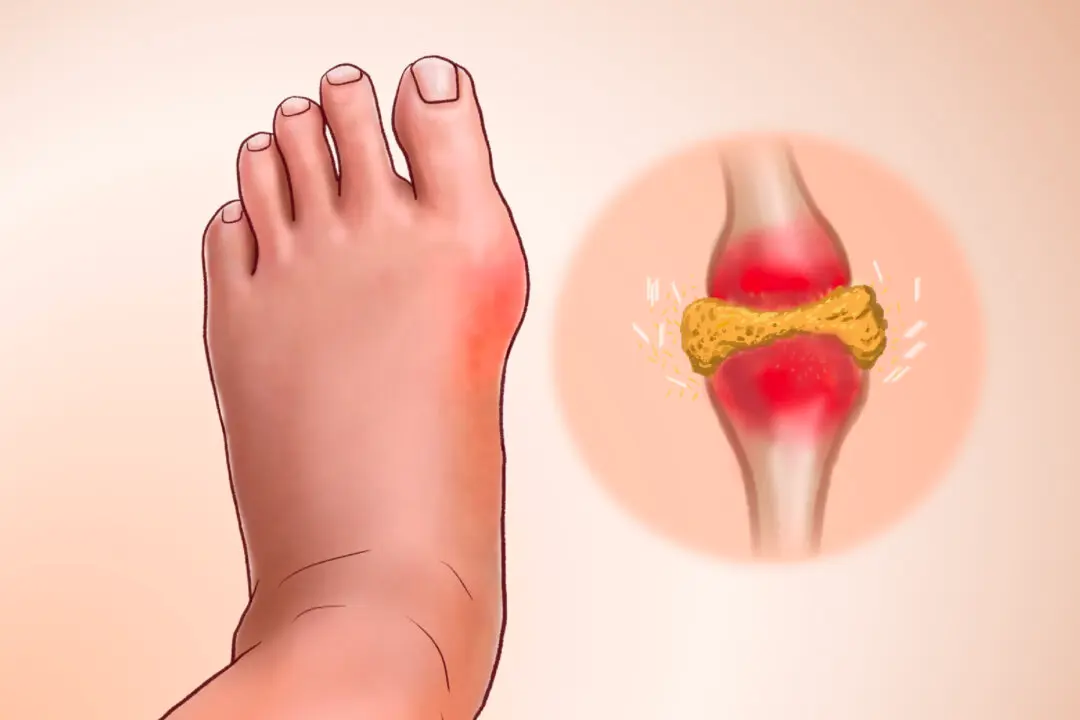Follow the series “Meditation” here.
Numerous studies have found that meditation is beneficial for mental health, as well as good for relieving certain chronic diseases. But how long should you meditate?The Longer, the Better
Naiwen Hu is an internationally renowned traditional Chinese medicine doctor, who is still seeing patients in his 70s. To him, mental recuperation is an important part of health preservation, and the most basic way to achieve mental recuperation is sitting in meditation.“I meditate for a period of time every day, with my eyes closed and my legs crossed in the full lotus position,” he said. “At this moment, I become single-minded, and my mind becomes pure.”
In Hu’s opinion, the longer the meditation duration, the better.
He suggests that his patients meditate for one hour or even longer at a time.
But he knows that this is difficult for beginners. “So meditating for even one second is better than not meditating at all. And if you can meditate for one minute, it’s always better than meditating for 20 seconds.
“However, when you are half an hour into the meditation, many of you may not have even quieted your mind yet, and you are already going to end your session.” Therefore, Hu recommends sitting for as long as you can in meditation at first, and then slowly increasing the duration to around an hour or longer.
For Beginners, Extend Meditation Sessions in Small Increments
Doctors and experts interviewed by The Epoch Times agree that people who are new to meditation should start with a short duration and then gradually increase it.You can start to meditate for five minutes at first, and once you feel comfortable, you can stretch the meditation session to 10 minutes, 15 minutes, and then even longer, according to Ellen Wang, certified functional nutritional counselor and neuro therapist.
Dong thinks that meditating for five minutes is not long enough, even for beginners. “Five minutes is too short. You have not even become calm yet, and it is already over. So it won’t be effective,” said Dong. She suggests that beginners should meditate for at least 15 minutes, and it would be better if they can do 30 minutes for one session.
Brief Meditation Sessions Are Also Beneficial
If you cannot stand the leg pain from meditating for an hour or so, or simply don’t have the time, meditating for 10 to 15 minutes daily can also bring you lots of benefits.After eight weeks, the meditation group improved their mood, enhanced their attention and working and recognition memory, and decreased their anxiety level, compared with the podcast group.
In the study, 48 students from the university were divided into two groups. The first group attended a mindfulness meditation class, while the second group took a nutrition class. The first group was also required to meditate daily for 10 minutes outside of the classroom.
Specific Religions or Practices Have Their Own Recommended Meditation Durations
Different religions/practices that require meditation may have their own recommended durations.Many Buddhist monks can meditate for one to three hours per session, depending on their experiences and schools/temples. They typically have several meditation sessions per day, with the total time spent on meditation being eight hours a day in some cases.
What Is the Best Time to Meditate?
Wang recommends setting a daily routine for your meditation sessions.For instance, setting up a specific time slot either in the morning or at night for meditation. “And if you do meditation in the morning, it kind of sets the tone for the day. And meditating at night helps with your sleep. It helps you unwind.”
Of course, you can meditate at any time during the day, as long as it is not stipulated by the particular religion/practice that you follow.
Hu suggests that you can try meditating twice a week, for example, on Saturdays and Sundays, for 15 to 20 minutes or longer each session. “When you are able to quiet your mind, you will find that the more you meditate, the longer you want to continue,” he said.





